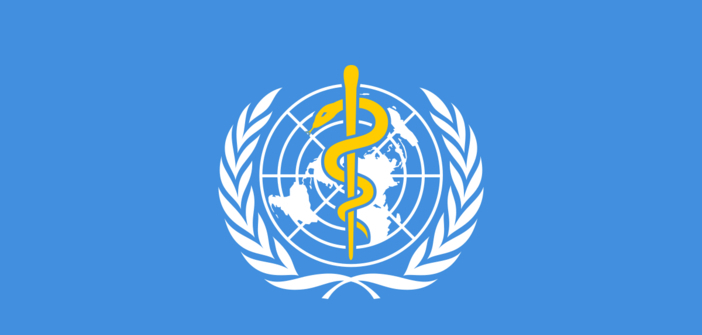The Covid-19 epidemic is a global crisis, and its response must be global. While globalization has recently been blamed for all sorts of issues, it is the only way to provide a coordinated international response to this kind of crisis, notably by giving more resources and leeway to the WHO.
Fighting a pandemic individually makes no sense. It is urgently necessary to “globalize” the responses.
Fortunately, science is showing the “global” way: thousands of researchers are mobilizing in an “open source” manner to work together, supporting each other to find medications and vaccines.
In the last decade, the WHO has declared a health emergency six times (SARS, MERS, Ebola…). Knowledge has significantly advanced on each occasion, and the world organization has reformed itself; it is no longer the slow and bureaucratic body of yesterday. However, it still lacks the authority and means to define health response protocols and, most importantly, to enforce them. The “every man for himself” approach remains the rule with the results we’ve seen.
It is time for countries around the world to agree to establish a “universal system” capable of raising alarms and proposing solutions.
Health is a planetary common good; medicine should be “globalized” and mandatorily prescribed to failing nations. The same should apply to associated medications.
Climate, health, science, certain vital industries, and macroeconomics should be “globalized” to manage the inevitable pandemic of global issues.


